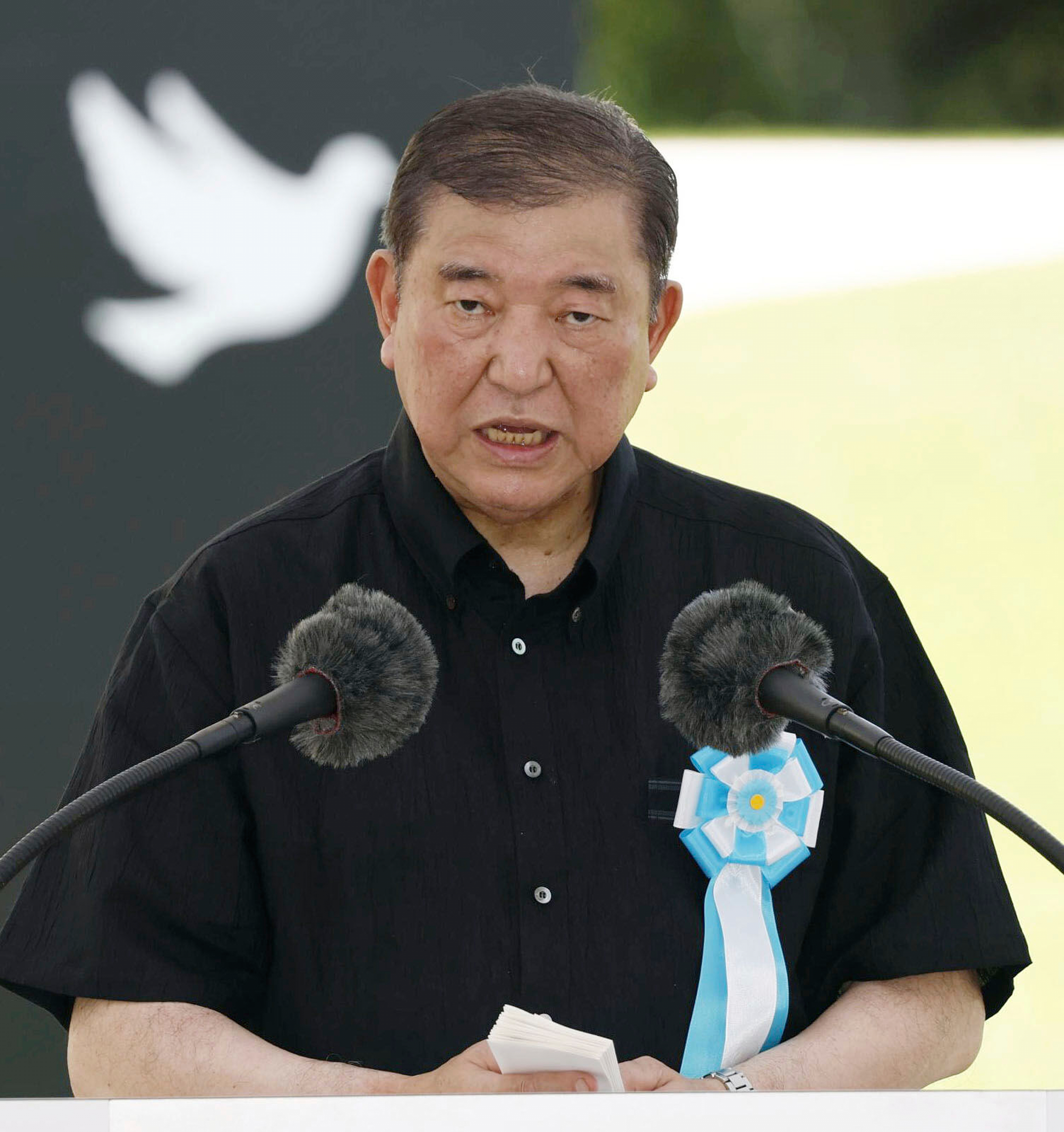
Japan’s ruling Liberal Democratic Party suffered its worst-ever result in a Tokyo metropolitan election, losing its spot as the biggest political force on the assembly less than a month before voters deliver a verdict on Prime Minister Shigeru Ishiba’s premiership in a national vote.
The LDP lost 9 seats in the 127-seat assembly to end up with 21 representatives after Sunday’s election, leaving it well behind Tokyo Governor Yuriko Koike’s Tomin First no Kai, a locally focused party that maintained its grip on 31 seats. Among national opposition parties, the Constitutional Democratic Party expanded its representation on the assembly to 17 from 12, while the Democratic Party for the People won its first nine seats in the metropolitan government.
“We were delivered a very tough verdict at the election,” Ishiba said to reporters in Okinawa on Monday, adding that the party must now “thoroughly analyze what part of our messaging did not reach voters.”
ALSO READ: Poll: Approval rating for Japan's Ishiba cabinet climbs to 37%
The overall result shows a further loss of support for Ishiba’s ruling coalition ahead of the upper house election, with voters citing inflation and party funding scandals as key issues. Still, ongoing support for Koike’s local party, which the LDP supports in the assembly, makes it difficult to project how much damage the ruling coalition may suffer next month as Ishiba faces his first national vote since his bruising setback in general elections last October.
“There’s a general dissatisfaction with what is perceived to be the ‘old’ political system represented by the LDP, which has become further entrenched with the money scandals,” said election consultant Takuma Oohamazaki. He added that the rejection of traditional parties like the LDP and Komeito likely lead to the jump in support for smaller, populist parties such as the DPP.
Female candidates landed 48 seats or around 38 percent of the total in a sign of progress for increasing the representation of women in the capital. The results also showed Komeito, the LDP’s coalition partner, shedding four seats to finish third. The Japan Innovation Party came away with no representatives at all, a further indication of its struggle to widen its appeal beyond its base in Osaka.
Some 62 percent of voters took the LDP’s slush fund scandals in account when voting, according to exit polls conducted by the Asahi newspaper. About 12 percent of those who took the scandals into consideration voted for the LDP, compared to 21 percent who did not consider the money scandal, the same poll showed.
The LDP has struggled to regain public trust after undocumented party funds came to light in 2023, with a similar scandal for Tokyo regional lawmakers emerging ahead of the assembly election.
READ MORE: Media: Japanese PM rules out dissolving lower house for now
“The fact that a significant number of Tokyo residents stated in exit polls that they placed importance on the issue of ‘money and politics’ is not to be taken lightly,” Seiji Kihara, chairperson of the LDP’s Election Strategy Committee, said to reporters early Monday according to public broadcaster NHK.
Public support for Ishiba’s cabinet fell to 32.5 percent in a Kyodo News poll conducted over the weekend, compared to an approval rating of 37 percent in a survey held a week earlier. The poll showed a majority of respondents favor a cut in the consumption tax, as favored by the CDP and the DPP, to deal with rising costs of living, something Ishiba has opposed.
Differences between urban and provincial voters is another factor that makes it difficult to extrapolate the significance of the Tokyo election at the national level, Oohamazaki said. Still, the emerging popularity of the DPP may again be seen in the July elections, while the result will give LDP leaders food for thought, he added.
“There will likely be a rethinking of strategy ahead of the upper house election,” he said.


